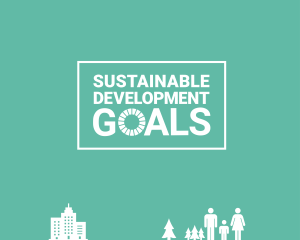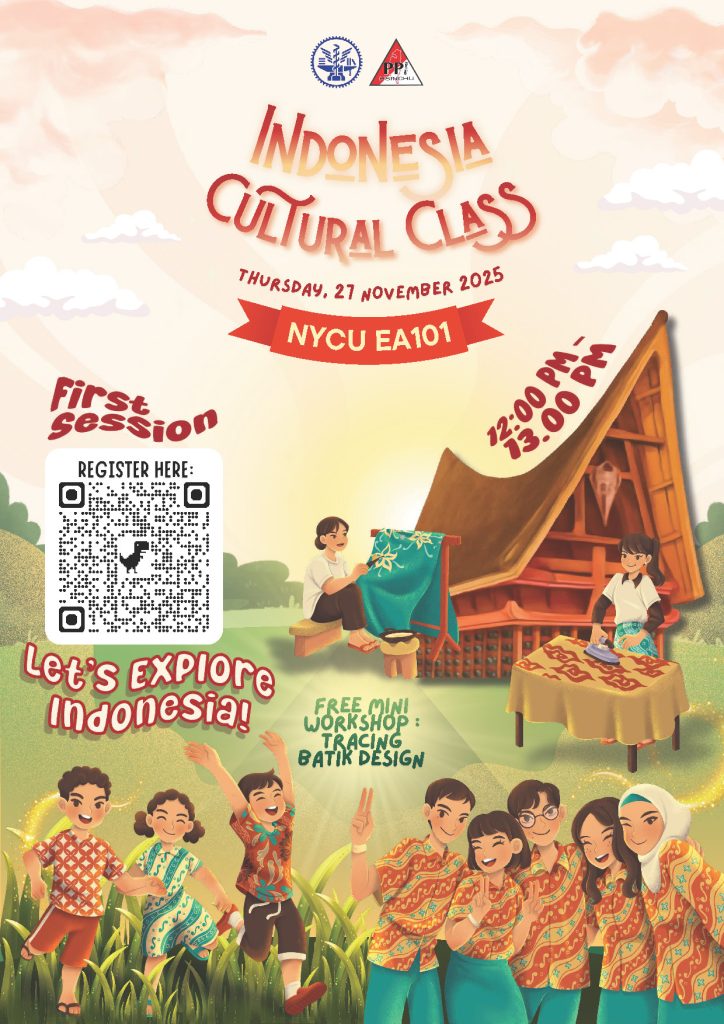Fifteen years ago, Typhoon Morakot caused the most significant rainfall in Taiwan’s history, devastating numerous communities and forcing many survivors to relocate. A recent follow-up study, “The Impact of Relocation Patterns on Psychological Stress,” published in the international journal Psychological Science, found that those who quickly relocated to permanent housing did not necessarily experience better psychological recovery.
Study Highlights Importance of Preparation Time in Post-Disaster Relocation for Long-Term Psychological Recovery
The study, conducted by the College of Nursing at National Yang Ming Chiao Tung University (NYCU) in collaboration with the National Science and Technology Center for Disaster Reduction, surveyed 1,236 households severely damaged by Typhoon Morakot. Over a decade of tracking, researchers discovered that while those who quickly relocated to stable housing initially experienced lower psychological stress, their stress levels gradually increased, surpassing those with more time to prepare for relocation.
In contrast, survivors who did not immediately move into permanent housing—often taking years to find stable homes—underwent multiple relocations. Despite the upheaval, their long-term psychological recovery was notably better, likely because they had more time to prepare and adapt before moving.
The research team categorized survivors’ relocation experiences into six patterns: immediate return to original residences, long-distance relocation years later, immediate move to permanent housing, preparation time before a major relocation, no buffer time between two major relocations, and buffer time between two major relocations. The results underscore the importance of giving survivors ample time to discuss and decide during the post-disaster reconstruction. This could lead to more effective responses in future natural disasters.
Survivor-Centered Relocation Planning: Key to Reducing Long-Term Psychological Stress After Disasters
The findings suggest that providing disaster survivors more time to discuss and decide on their relocation timing and location could be a key factor in alleviating long-term psychological stress following a natural disaster.
Previous studies and reports have also highlighted the adverse effects of permanent housing on community cohesion and cultural preservation, as well as the emergence of land and housing rights disputes, making it challenging to help survivors rebuild their lives.
Amid increasing threats from extreme weather in Taiwan and globally, the research team believes this study offers crucial guidance for disaster risk management and building societal resilience. Assistant Professor Chen advises that future disaster response measures should prioritize the psychological needs of survivors, providing sufficient time and resources to help them make relocation decisions that suit their circumstances and to facilitate psychological adjustment, ultimately promoting better post-disaster psychological recovery.
For More Information:NYCU Official Website






